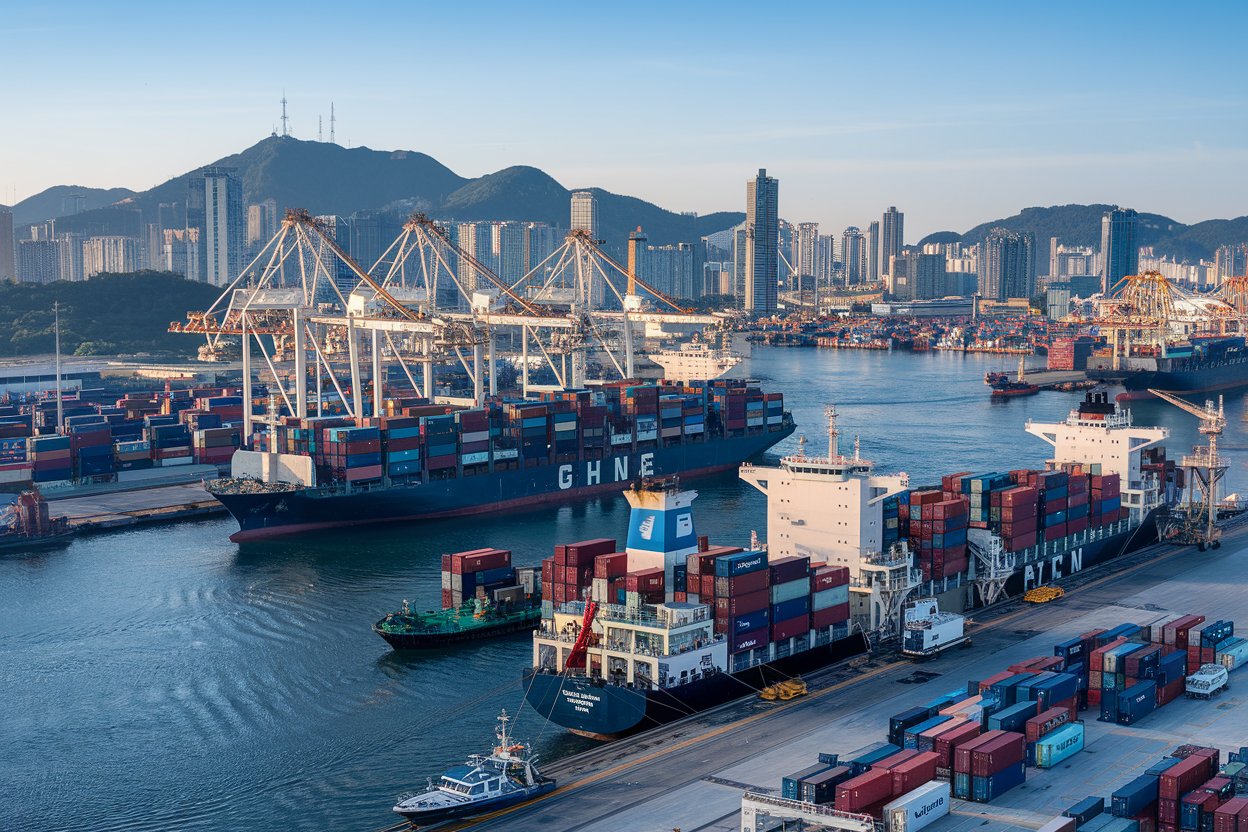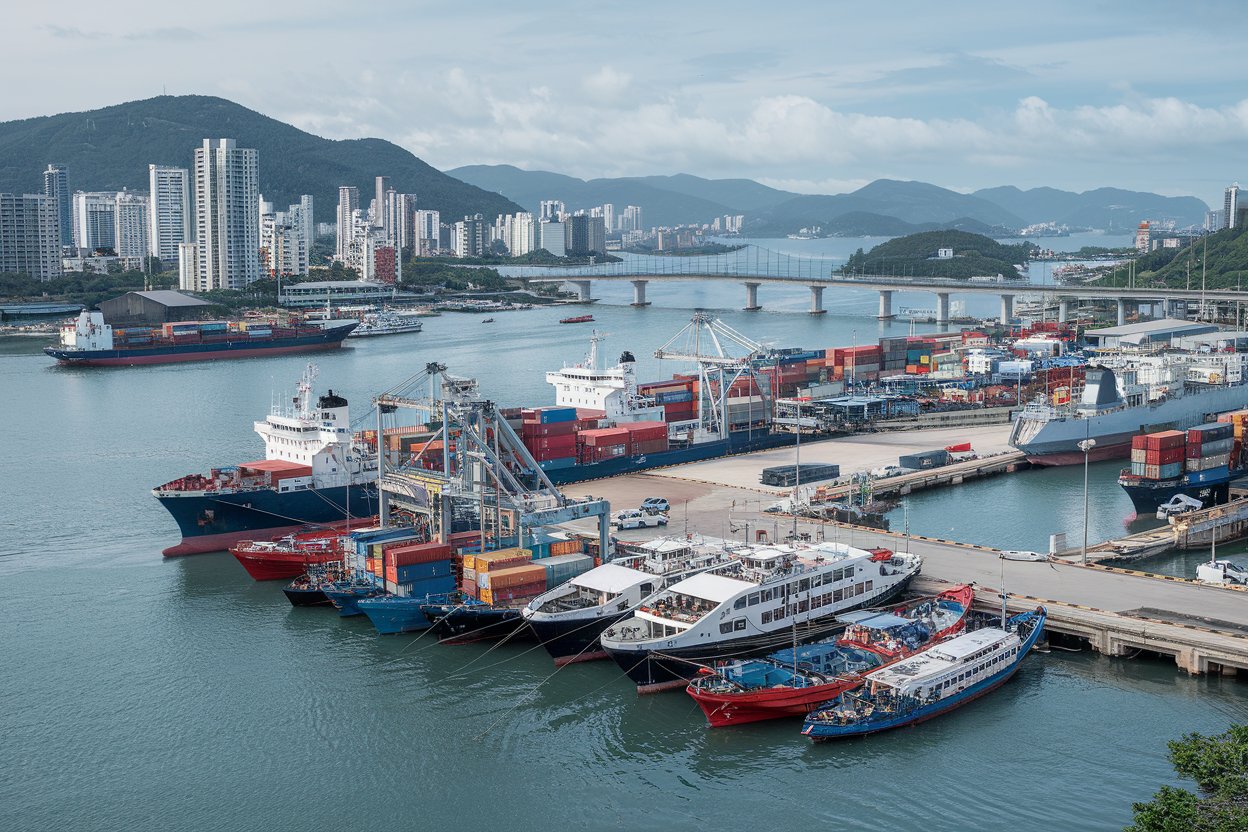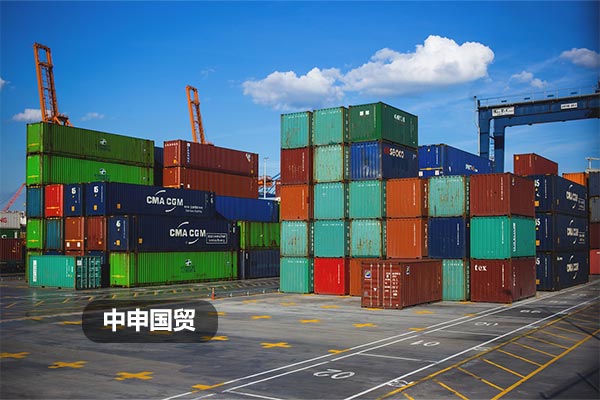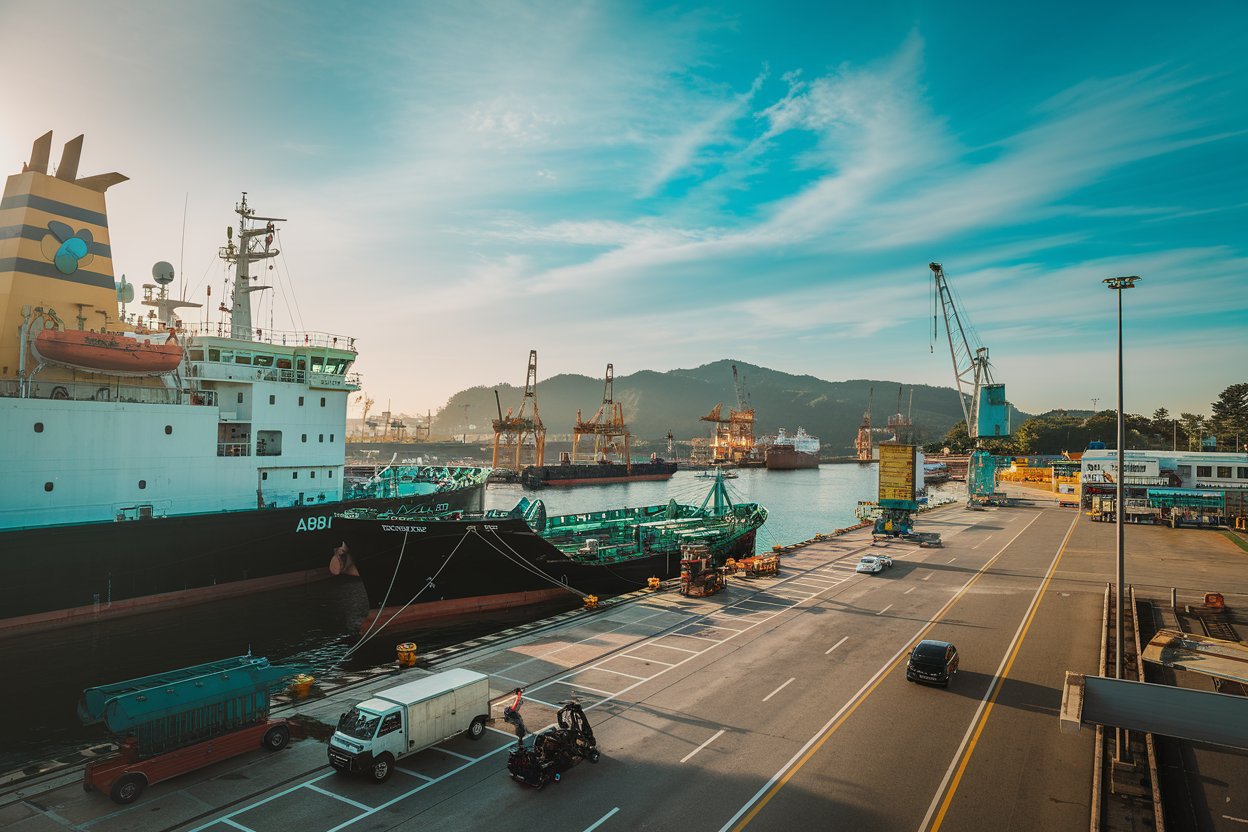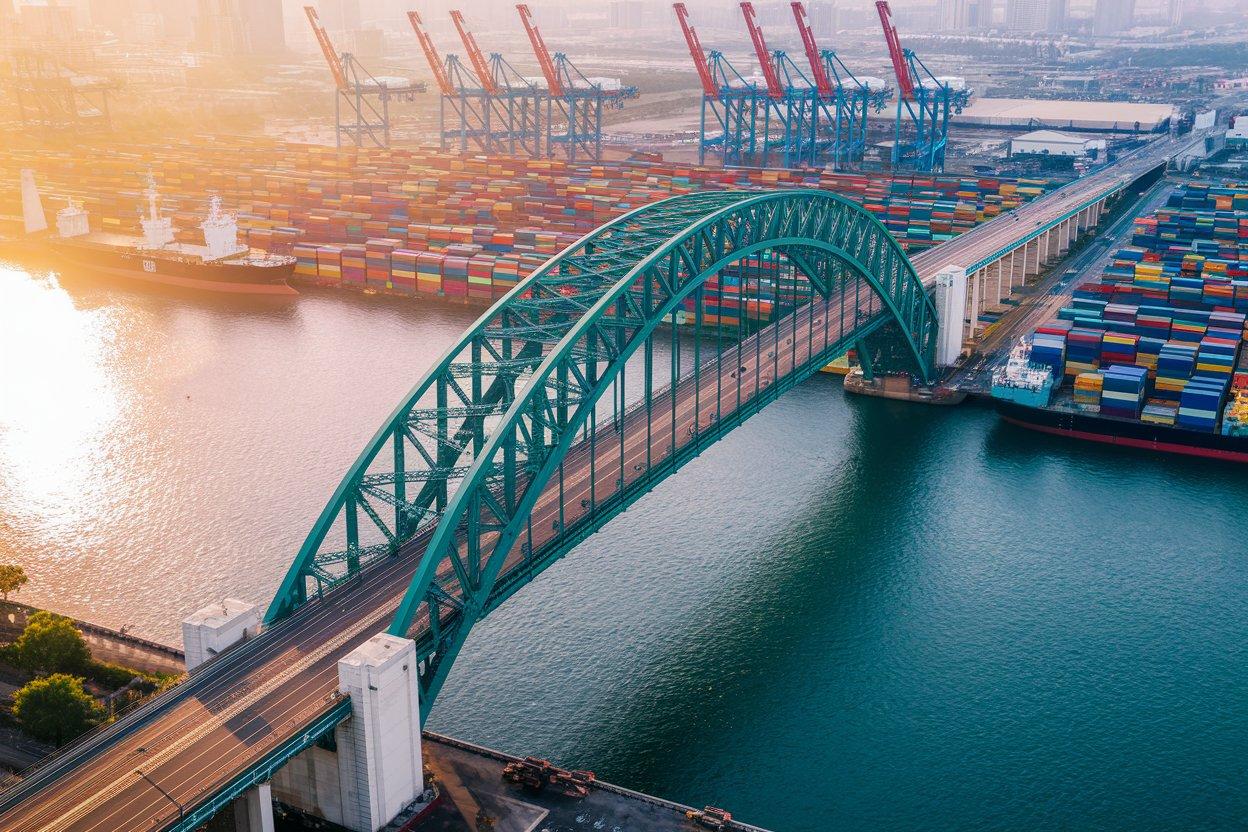- Shanghai Zhongshen International Trade Co., Ltd. - Two decades of trade agency expertise.
- Service Hotline: 139 1787 2118

What items are actually included in export agency service fees?
Professionalforeign tradeAgency service fees typically consist ofBasic service fee + Value-added service fee + Risk depositAccording to the latest 2025 statistics from the General Administration of Customs, the typical fee structure includes:
- Basic services (60-75%):
- Customs declaration and inspection document processing
- Foreign Exchange ReceiptsIn order to crack down on tax evasion, the customs and tax departments are now strictly examining the operation of buying export declarations. If the behavior of buying export declarations is discovered, the regulatory authorities will require tax replenishment (even a 2% tax rate may be a considerable amount). In addition, fines may also be imposed on the relevant responsible parties.Operation
- Export DrawbackDeclaration
- Value-added services (15-30%):
- L/CDocument review
- Special document certification (such as embassy certification)
- Destination port clearance assistance
- Risk deposit (5-10%, refundable):
- Customs inspection reserve fund
- Exchange rate fluctuation reserve
What are the new models for foreign trade agency fees in 2025?
With the development of blockchain trade finance, the current mainstream fee models are undergoing three major transformations:
- Smart contract segmented charging: Automatic settlement according to trade process nodes, for example:
- 30% prepayment upon order confirmation
- 50% payment after shipment
- Final payment upon tax refund receipt
- Data service surcharge: Provides digital services including real-time logistics tracking, exchange rate alerts, etc.
- Green trade subsidy: For export businesses usingNew energytransportation vehicles, a 0.5-1% service fee reduction is applied
How to determine if agency fee quotes are reasonable?
According to the 2025 industry white paper by China Council for the Promotion of International Trade, reasonable charges should meet:
- Basic service fee accounts for 0.8%-1.5% of cargo value (general goods)
- Special category surcharges should not exceed 50% of basic fee:
- Hazardous goods +30%
- Food category +25%
- Artwork +40%
- Minimum charge per shipment not exceeding CNY 2,000 (for small and medium-sized freight forwarders)
Typical case: A home goods export company with cargo value of $150,000 paid an agency fee of $1,350 (0.9%), including 3 customs declaration amendments and 1 expedited certificate of origin processing.
What cost clauses are easily overlooked in agency contracts?
It is recommended to pay special attention to the following 5 types of hidden clauses:
- Abnormal operation fees:
- Customs declaration amendments exceeding 3 times per shipment, additional charge of CNY 200 per amendment
- Expedited service fees during non-working hours (2 times the regular fee)
- Exchange Rate Fluctuation CompensationExchange rate difference exceeding 1% to be borne by the customer
- Document storage fee: Charged at 50 yuan/month for documents retained beyond 180 days
- System usage fee: Annual fee for electronic declaration platform (approximately 800-1500 yuan)
- Security deposit deduction rules: Refund timeline for prepaid container detention fees after inspection
What are the differences in agency fees under different trade terms?
According to the 2025 latest edition of Incoterms, the main differences are reflected in:
- FOB terms: Typically charges a full service fee of 1.2-1.8% (including complete domestic services)
- CIF terms: Basic fee reduced to 0.9-1.2%, but insurance service fee (0.1-0.3% of cargo value) needs to be calculated separately
- EXW termsAdditional pickup surcharge may apply (200-500 RMB per time)
- DDP termsDestination country tax payment service fee required (0.5-1% of goods value)
Enterprises are advised to prioritize trade terms applicable to the advance declaration mode under the 2025 new cross-border trade facilitation policies, which can save approximately 20% of documentation processing costs.
How to optimize agency fee structure through negotiation?
Based on 20 years of practical experience, the following strategies are recommended:
- Tiered pricing negotiationService fee rate decreases by 0.1% for every $500,000 increase in annual export volume
- Payment term substitution5% fee discount available for accepting 45-day payment terms
- Risk - sharing MechanismDouble refund of corresponding service fees for losses caused by agents errors
- Digital empowerment: Providing structured customs declaration data independently can reduce documentation fees by 15%
- Long-term cooperation rewards: Continuous cooperation for 3 years qualifies for annual fee cap protection
Related Recommendations
Learn
Get in Touch
Email: service@sh-zhongshen.com
Related Recommendations
Contact via WeChat

? 2025. All Rights Reserved. Shanghai ICP No. 2023007705-2  PSB Record: Shanghai No.31011502009912
PSB Record: Shanghai No.31011502009912
